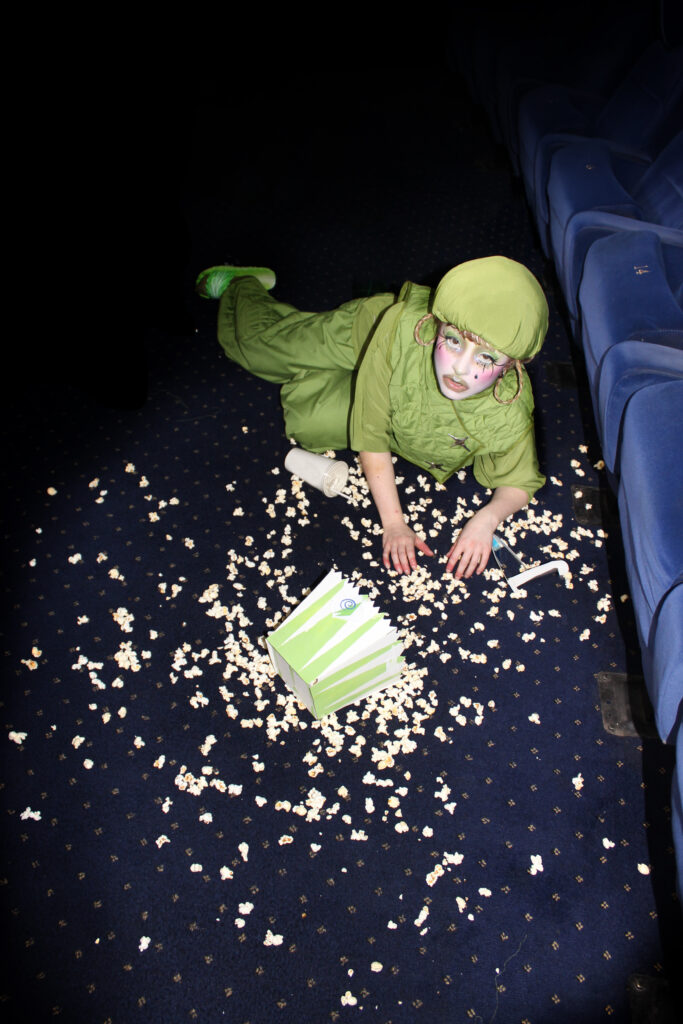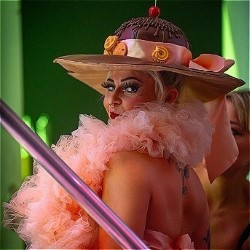 (3 / 5)
(3 / 5)
Think highly British, camp, Miss Congeniality style show case and you get Miss Brexit.
Maria Who? have approached the vote to leave in play form, bringing the liberal view point (well placed in an arts festival) to the forefront, by using comedy and good old fashioned British take-the-mick humour. We, as active participants, join the performers to decide the winner of the contestants to be allowed to stay in the country. We meet four contestants from varying countries, as they try to assimilate in contest-style scenes to British customs, tell us their tales of why they came to the UK and their experiences, and based on this, we make the tough decision who to stay and who to deport.
Miss Brexit is highly satirical, with contests such as answering genuine questions on the citizenship test which are hard even for a born and bred British person. They provide sarcastic views on British stereotypes such as pouring tea correctly and we are forced to not only agree with how ridiculous the situation is but also how ridiculous we are as a country.
Our compere is full of energy, quick off the mark with great improv skills and provides much comedy in their performance. Our contestants are notably performantive (think pageant performer style) but at times this feels too hammed up and a bit over the top though their improv skills with us audience members is top notch.
The narratives are very clever and do well to evoke emotion and complicated feelings, whether it be a positive or a negative story. But they also show varying degrees and moments of resonation; moving to London alone, not only for those who come outside the UK but inside as well is easy to recognise, with the high rental rate and probability of moving in with 5 others to keep the rent down.
Accompanying the show is awesome background music, giving an impression of Rupaul’s drag race meets Miss Congeniality, changing to fit the character and story of the time, evoking a feeling of their culture. The screen behind helps set scenes, with boarding cards when deported to the logo of the contest.
Miss Brexit is a unique and interesting take on political and social commentary but felt some distance from a higher starred production.





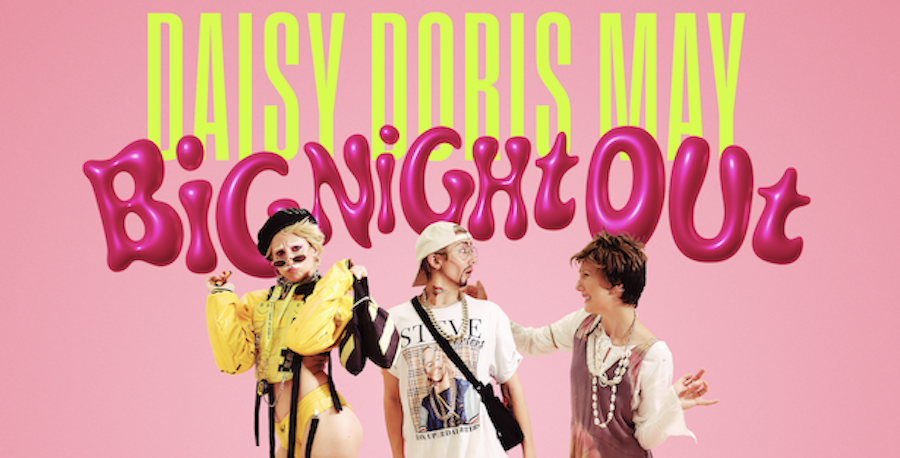
 (4 / 5)
(4 / 5)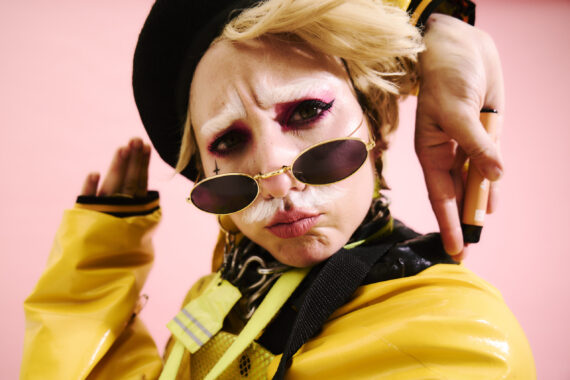
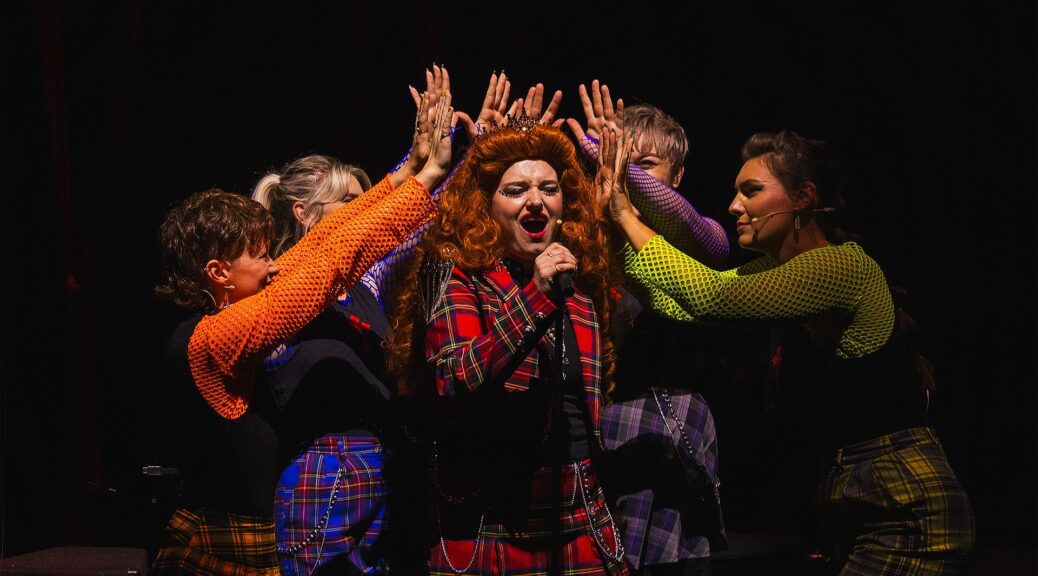
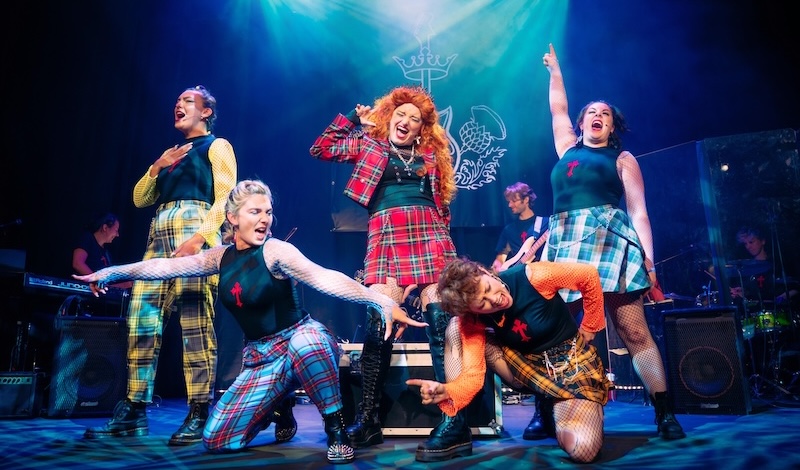
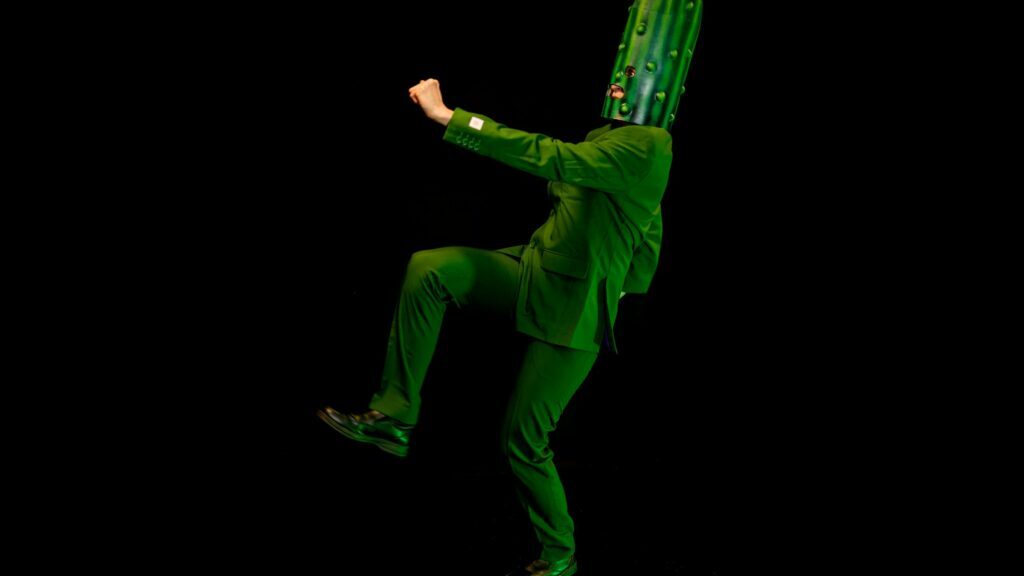
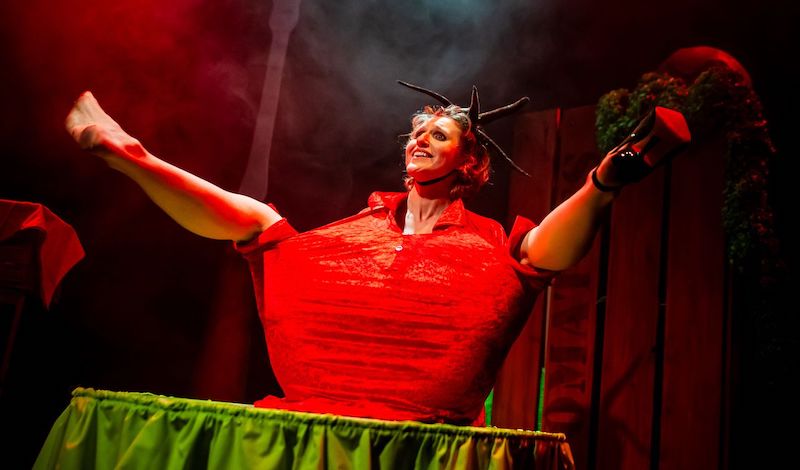
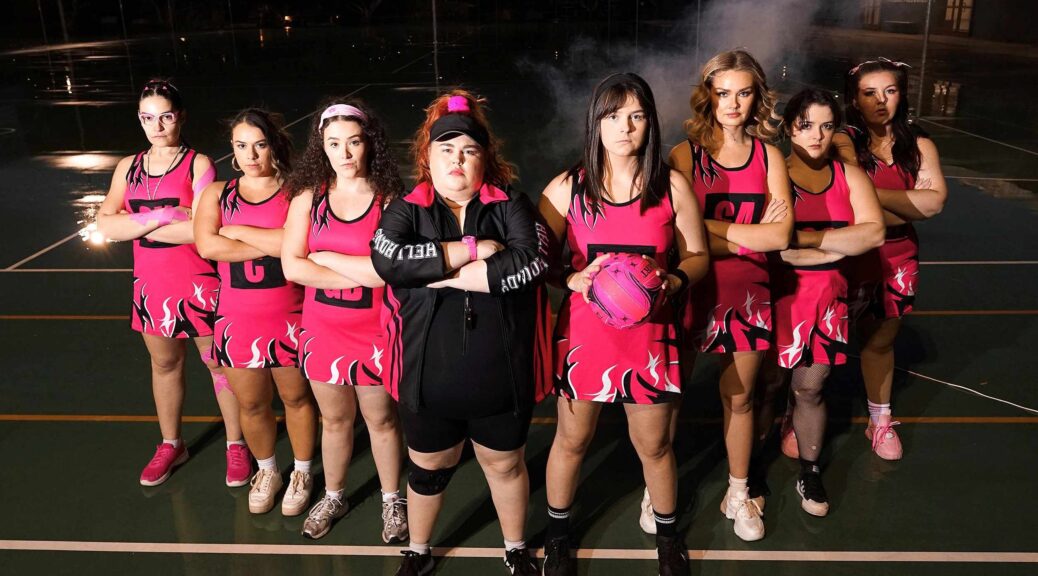
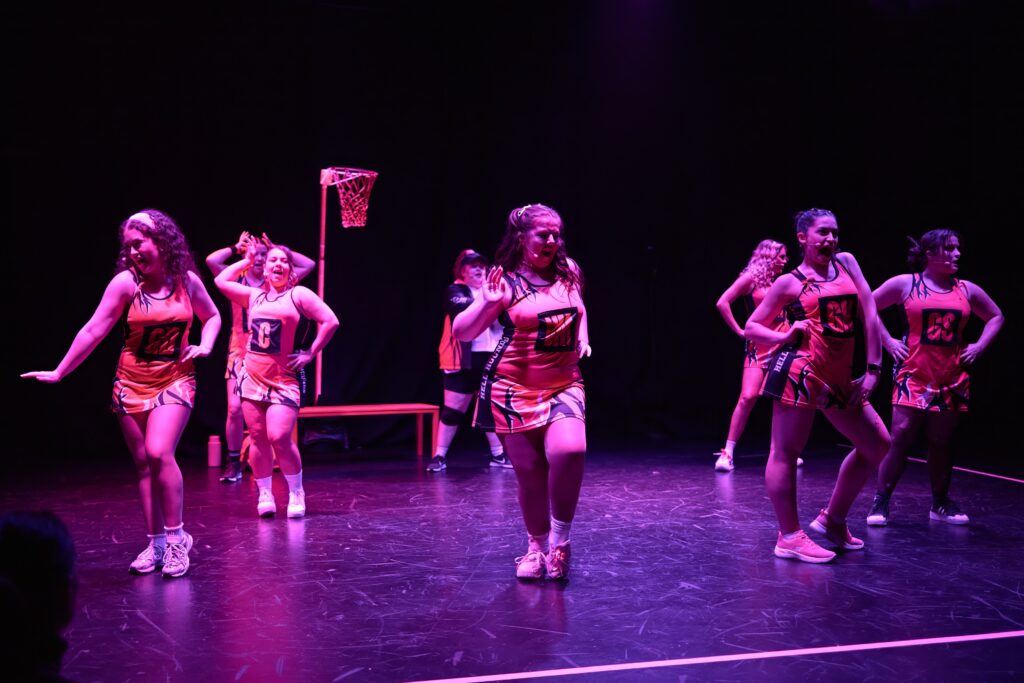
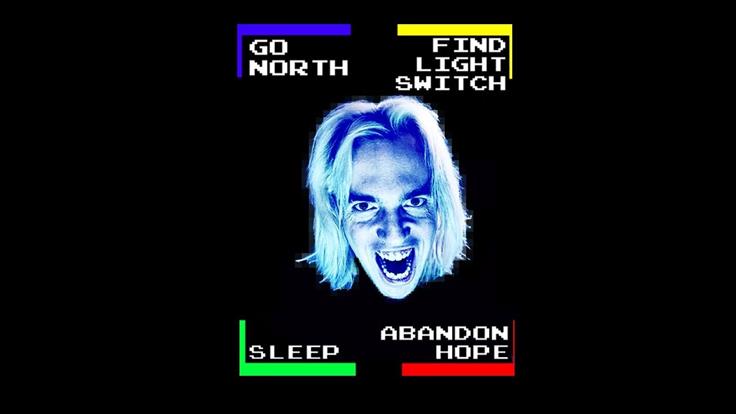
 (5 / 5)
(5 / 5)



